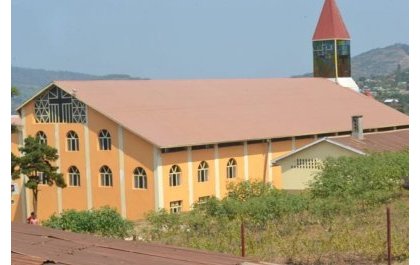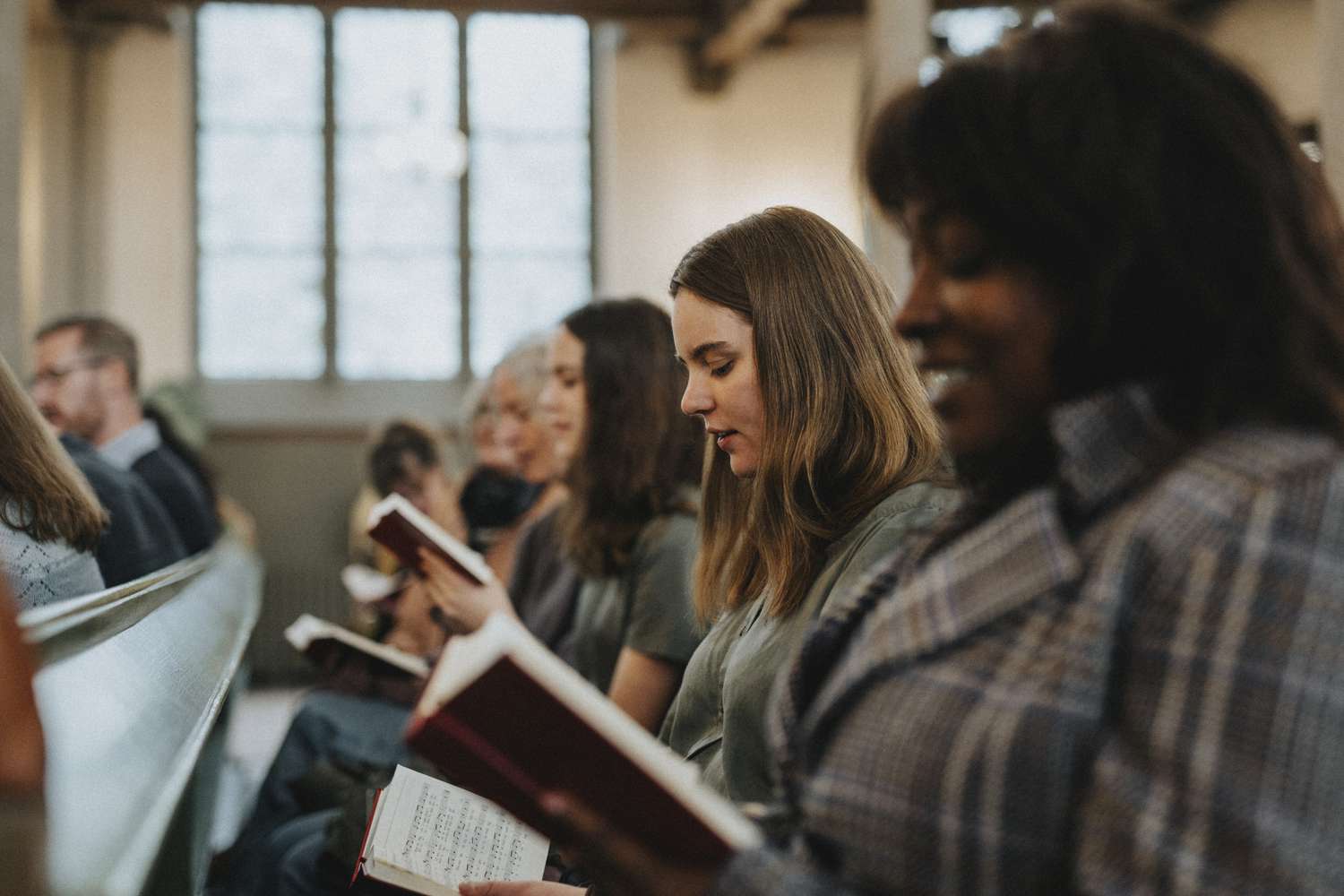Since around 2019, Rwanda began putting more effort into improving the country by removing unsafe or unsuitable structures and making sure places where many people gather meet proper standards. One of the main areas that was targeted was churches, since they attract large gatherings.
At that time, many churches started to be closed because they lacked required facilities or failed to meet set standards. Over the following years, almost all churches in the country were closed for reasons like having poor buildings, lack of cleanliness, no noise-control equipment, no lightning protection systems, and other safety requirements. During this period, many churches worked hard to rebuild, plant gardens, buy soundproofing equipment, install lightning rods, and make other improvements.
When churches met the requirements, they were gradually allowed to reopen. However, some remained permanently closed because they could not afford to make the necessary changes. Not long after that, in 2023–2024, a second inspection was carried out. This led to even more churches being closed, and many leaders could not reopen them because the demands were beyond their financial ability.
The second inspection began in Kigali City. Many churches were shut down again for reasons such as poor building standards, being located too close to homes, posing health risks to nearby residents, not having legal operating documents, and many other issues as announced by Rwanda Governance Board (RGB).
When the closures happened, people reacted differently. Some agreed with the decision, while others strongly opposed it. Those who opposed said things like, “You don’t close bars, but you close churches,” and, “This will increase prostitution, theft, and crime.” Others supported the government’s move, saying some churches put people in danger, took advantage of poor citizens, and allowed pastors to enrich themselves while preaching to the poor. Some pastors were accused of buying houses and cars from offerings while their church members remained in poverty.
Although there was tension at first, people eventually accepted the decision. The positive thing about the closures is that the rules were applied to all churches equally, regardless of denomination.
Many people still wonder about the negative and positive effects of closing these churches. The truth is, there are both.
Positive effects:
-
Saved lives – Many churches in Rwanda operated in unsafe buildings that could collapse at any time, so closing them prevented possible disasters.
-
Reduced financial exploitation and poverty – Some people spent all their time in church instead of working, and some leaders opened churches just to collect offerings.
-
Reduced pastor corruption – Some pastors used offerings for personal gain while telling members that only the poor would enter heaven.
-
Encouraged better development – Churches now have to build safe, modern buildings that do not endanger people’s lives. The government also announced that churches will start paying taxes, which will help the national budget.
Negative effects:
-
Increase in immoral behavior – Some people who were previously active in church turned to things like fornication. For example, people recall girls who were once faithful church members but became pregnant after the closures. “There are some girls I Know”.
-
Increase in crime – Besides sexual immorality, cases of theft, fighting, drunkenness, and other crimes rose. This was because people had more free time and no longer feared church discipline.
-
Religious decline – Many people forgot the teachings they once received, became lazy to attend faraway churches, and chose to stay home. In short, many drifted away from faith.
- Economic Impact on Communities – Churches often support local economies through events, charity work, and employment. Their closure reduced these benefits in some areas.
- Social Disconnection – Churches also serve as community centers. Without them, some people lost a place where they could connect, share problems, and find emotional support.
While the closures brought both benefits and challenges, they highlight a broader conversation about how to balance public safety with the spiritual and social needs of citizens. Many believe that with better planning, training for church leaders, and financial support for building improvements, Rwanda can ensure that churches remain both safe and active.
The government’s approach shows a commitment to high standards, but the long-term success will depend on whether communities and authorities can work together to rebuild trust, maintain safety, and restore the positive role churches play in society.




Post Comment